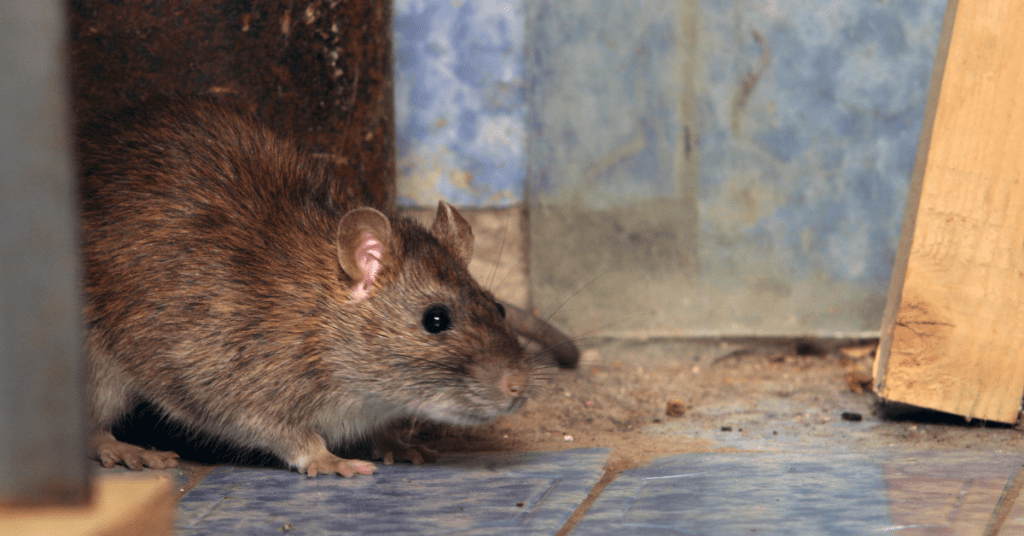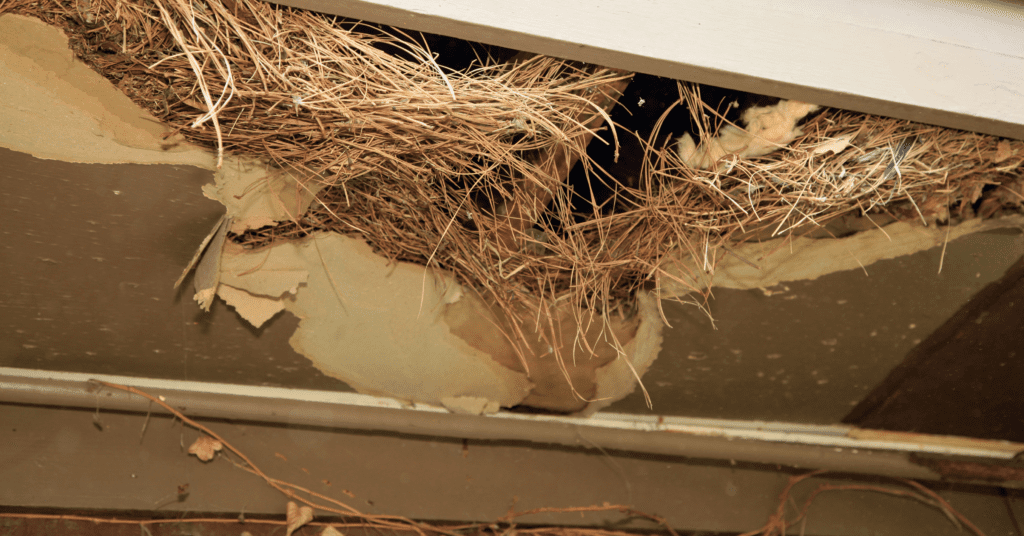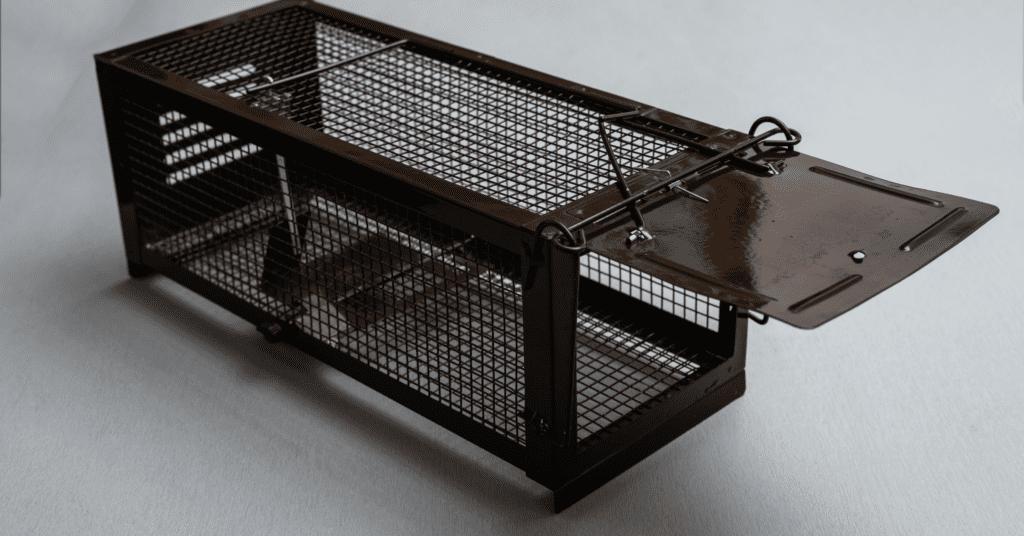What Time of Year Are Rats Most Active?

Rats are a common problem in many parts of the world, and they can cause a range of health and safety issues for humans and pets. While rats can be active at any time of year, there are certain seasons when they are more likely to be active and cause problems. In this article, we’ll explore when rats are most active, why this is the case, and what you can do to protect yourself and your property from these pests.
What Time of Year Are Rats Most Active and Why
Rats are active year-round, but their behavior and activity levels can be influenced by a number of factors, including weather, food availability, and breeding cycles. To understand these creatures better and why they’re active throughout the year, delve into our piece on Meet Your New Roomie – Facts About Rats. In general, rats tend to be more active during the fall and winter months, when food sources become scarcer and they need to find shelter to stay warm.
During the summer months, rats may be less active during the day due to the heat, but they may become more active at night when temperatures are cooler. In areas with mild climates, rats may be active throughout the year, and their behavior may be less predictable.
As the seasons change and rats seek new shelters, it’s crucial to safeguard your home. Discover practical tips in our guide on Rodent-Proofing Your Home: Simple Steps to Keep Rats and Mice Out.
How to Rat-Proof Your Home and Yard
The best way to deal with a rat problem is to prevent it from happening in the first place. There are a number of steps you can take to rat-proof your home and yard, including:
- Sealing off entry points: Rats can enter your home through small cracks and openings, so it’s important to seal off any potential entry points. This can include sealing gaps around doors and windows, repairing holes in walls and floors, and blocking off any pipes or vents that lead into your home.
- Removing food and water sources: Rats are attracted to food and water, so it’s important to keep your home and yard clean and free of clutter. Store food in secure containers, keep your kitchen and other areas of your home clean, and remove any standing water sources in your yard. Maintaining cleanliness is key in deterring these pests, and you might be surprised to learn about their habits in our article, Do Rats Go Into Clean Houses?.
- Trimming trees and shrubs: Rats can use overhanging branches and shrubs to gain access to your home, so it’s important to keep trees and shrubs trimmed back to prevent rats from using them as a bridge.
- Working with a professional: If you have a persistent rat problem, it may be best to work with a professional pest control company. They can provide expert advice and assistance in eliminating rats and preventing future infestations.
To enhance your efforts in rat-proofing your home, explore our detailed guide on Rodent-Proofing Your Home: Simple Steps to Keep Rats and Mice Out for more effective strategies.
The Dangers of Rats and How to Protect Yourself From Them

Rats can pose a range of health and safety risks for humans and pets, including the transmission of disease, the destruction of property, and the risk of bites or scratches. Some of the diseases that rats can carry include leptospirosis, hantavirus, and rat-bite fever. Many homeowners wonder about the likelihood of rats invading even clean homes; find out more in our article on Do Rats Go Into Clean Houses?.
To protect yourself and your family from the dangers of rats, it’s important to take steps to prevent rat infestations and to be aware of the signs of a rat problem. These can include droppings, gnaw marks, and urine stains, as well as the presence of live or dead rats.
If you do have a rat problem, it’s important to take appropriate precautions when dealing with rats. This can include wearing gloves and a mask when cleaning up rat droppings or handling traps or poisons. It’s also important to seek medical attention if you or a family member is bitten or scratched by a rat, as this can lead to serious health issues.
Tips for Getting Rid of Rats if You Already Have Them in Your Home
If you already have a rat problem in your home, there are a number of steps you can take to get rid of them. These can include:
Setting Traps

There are a variety of traps available for catching rats, including snap traps and glue boards. When setting traps, it’s important to place them in areas where rats are likely to travel, such as along walls and in dark corners. Be sure to check traps regularly and dispose of any dead rats properly.
Using Rodenticide
Rodenticide can be effective in controlling rat populations, but they can also be dangerous if not used properly. Always follow the instructions on the label and be sure to place poisons in areas that are inaccessible to children and pets. While using rodenticides, be mindful of recent regulations and their impacts on rodent control; learn more in our article on How Does the Ban on Rodenticide Affect Your Rodent Problem?.
Calling in a Professional

If you’re unable to get rid of rats on your own, it may be necessary to call in a professional rodent control company. They can provide more powerful traps and rodenticides, as well as expert advice on how to prevent future infestations.
It’s important to remember that getting rid of rats can be a difficult and time-consuming process, and it may take several attempts to completely eliminate a rat problem. However, by taking the proper precautions and being persistent in your efforts, you can protect yourself and your property from these pesky rodents.
Rats can be a serious problem for homeowners, causing damage to property, spreading disease, and posing a risk to human and pet health. While rats can be active at any time of year, they are more likely to be active during the fall and winter months when food sources become scarcer and they need to find shelter to stay warm.
To protect yourself and your property from rats, it’s important to take steps to rat-proof your home and yard, including sealing off entry points, removing food and water sources, and working with a professional pest control company if necessary. If you do have a rat problem, it’s important to take appropriate precautions when dealing with rats and to seek medical attention if you or a family member is bitten or scratched by a rat.
By being proactive in your efforts to prevent rat infestations and taking the necessary steps to get rid of rats if they do become a problem, you can ensure the safety and well-being of yourself, your family, and your pets.
In summary, understanding when rats are most active and how to prevent or address a rat infestation can help keep your home and yard safe and free from these troublesome rodents. By keeping a watchful eye and taking action at the first sign of a problem, you can minimize the risks associated with rats and protect your property from damage. With the tips and strategies outlined in this article, you can take control of the situation and enjoy the peace of mind that comes with a rat-free home. As you gear up to protect your home against rats and other pests, don’t miss out on our 12 Easy Tips for Pest Prevention This Spring for a comprehensive pest-free plan.
If you’re facing a rat infestation or wish to be proactive in your pest control measures, don’t wait for the problem to escalate. Whether you’re in West Vancouver Pest Control, North Vancouver Pest Control, Vancouver Pest Control, Burnaby & New West Pest Control, Coquitlam & Tri-Cities Pest Control,or Richmond Pest Control we’re here to help. Our specialized services cater to each city’s unique challenges and needs. Reach out today and let our experts ensure your home remains pest-free.
